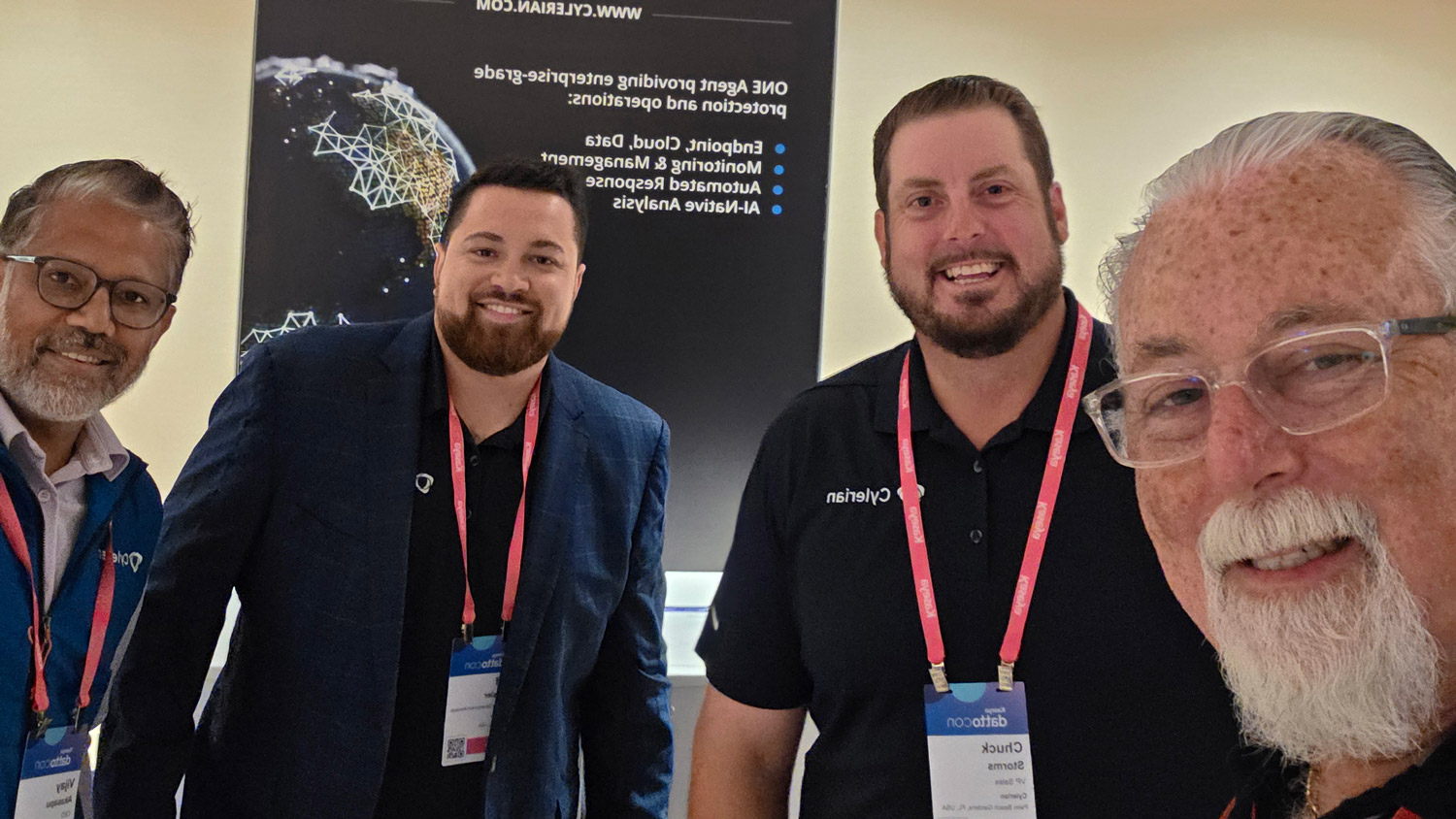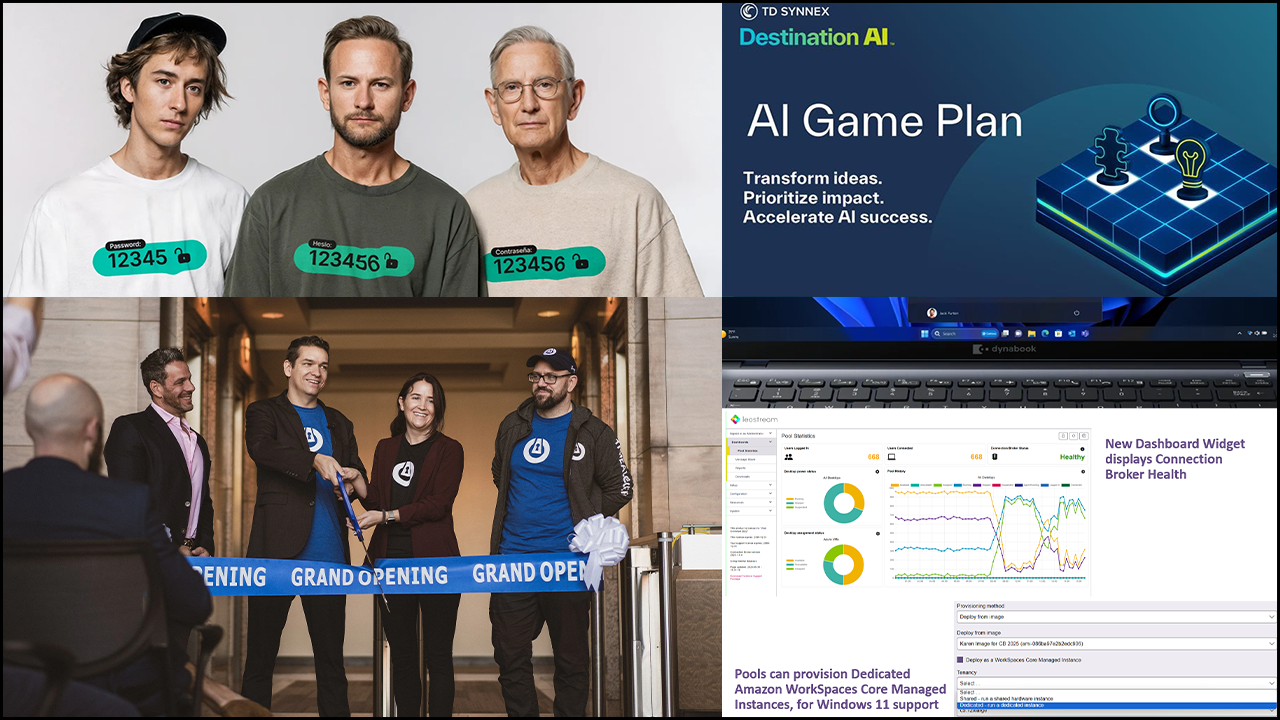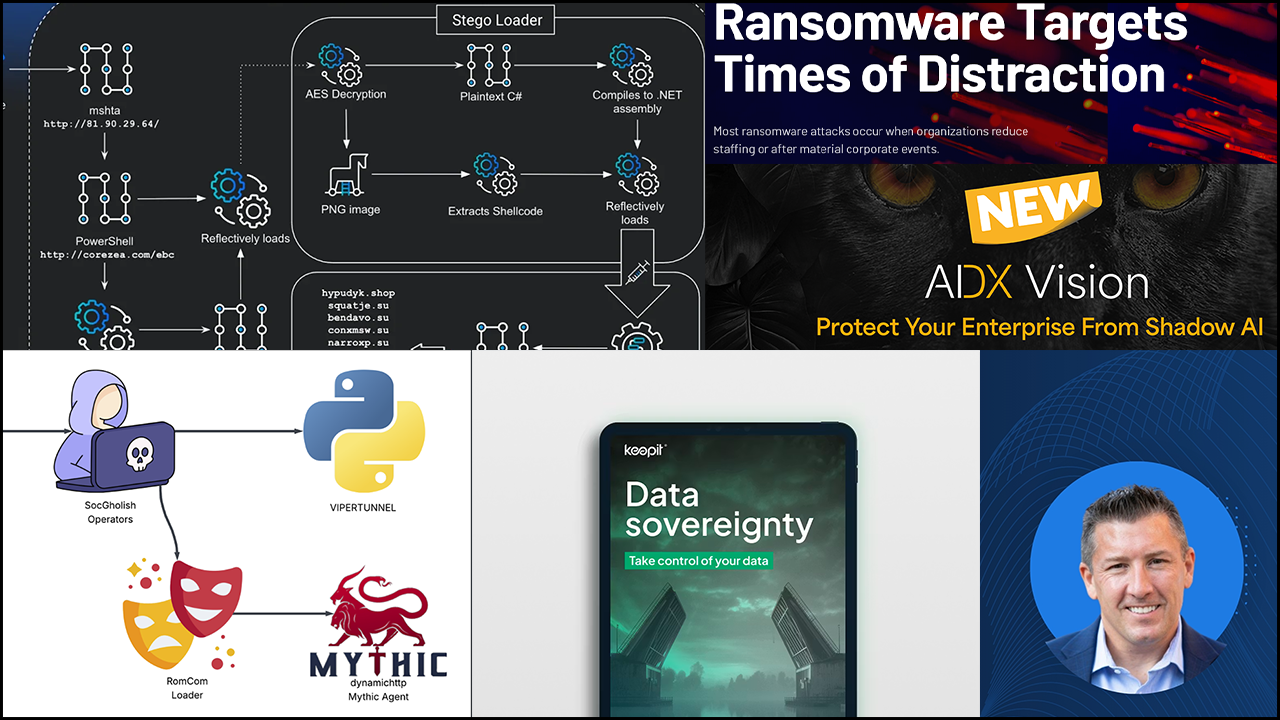Data engineers have become pivotal for managing information that aids decision-making, analytical insights, and new revenue generation to support businesses.
At the same time, the growing importance of data engineers has led to increased demand, stretching their capabilities even thinner. Businesses are also finding it difficult, with nine in 10 hiring managers saying it’s challenging to hire these specialized workers.
Data engineering was already a highly sought-after skill even before generative AI became popular. Now, as businesses aim to scale their generative AI initiatives, the demand for these professionals has surged even further. Many businesses struggle to handle their data and hire data engineers. Their leaders may wonder if their company can meet growing data demands with their current headcount and skillsets.

Mark Balkenende
The answer is yes, but it requires business leaders to rethink what they know about data engineering. Instead of siloing it as a singular job title, organizations must treat it as a universal skill for every employee.
No-code Tools Democratizing Data Engineering for Employees
Data engineering is a highly specialized profession that requires years of experience, technical expertise, and analytical skills. And businesses these days lean heavily on engineers to drive business success. This burden of routine tasks has put a strain on their capacity.
Fortunately, no-code data pipeline tools allow others to take care of simple data engineering tasks, such as collecting and transforming data. While these tools demand foundational data and analytical skills, they enable team members to manage their own data needs. This gives data engineers more time to focus on complex projects and initiatives that demand their full attention.
An organization’s overall productivity improves when it provides skilled employees who don’t have specialist knowledge with access to cloud-based, no-code AI tools.
For example, Forrester research showed that data engineers using Matillion’s platform saved 70% of their time on data pipeline management. When nontechnical employees are trained to use these tools, data management responsibilities are not confined to a specific department. It leads to a more agile and responsive approach to management. Plus, it allows data engineers to turn their efforts toward using AI in data management pipelines to deliver positive outcomes.
The Power of AI for Data Engineers
Democratizing their tasks also allows data engineers to focus on integrating new technical advancements to drive more value for their business.
As generative AI and other innovative technologies evolve, these professionals need more time to ensure these applications are being deployed properly. This requires fine-tuning, as well as managing security, governance, accuracy, controls, and preparation for new business applications.
When it comes to the use of AI specifically, businesses have a huge amount of unstructured data at their disposal. This data previously wouldn’t be turned into insights. However, trained data engineers can now quickly and easily use AI data pipeline tools to turn this data into positive outcomes.
For example, data on input from customer service queries over several years can be analyzed by an AI tool, which can learn and deliver a draft response. A customer service agent can review that response and then share it with the customer. This saves time and increases productivity for the customer service team. It also allows data engineers to use this technology in data pipelines.
More Efficient Work
The future of data management lies in recognizing this is a skill other employees can learn. Although these tools cannot take over every data engineering responsibility, they can drastically reduce workloads and allow engineers to better use their time, energy, and expertise where it is truly needed.
By investing in the right technologies and empowering employees with no-code systems, businesses with limited staff and resources can create more time for data engineers to unlock the full potential of their data, drive innovation, and achieve greater efficiency.
Mark Balkenende is vice president of product marketing at Matillion, a data pipeline platform designed to help teams build and manage pipelines faster for AI and analytics at scale. He started his career in IT roles managing large enterprise data integration projects, systems, and teams for companies such as Motorola, Abbott Laboratories, and Walgreens.
Image: iStock












